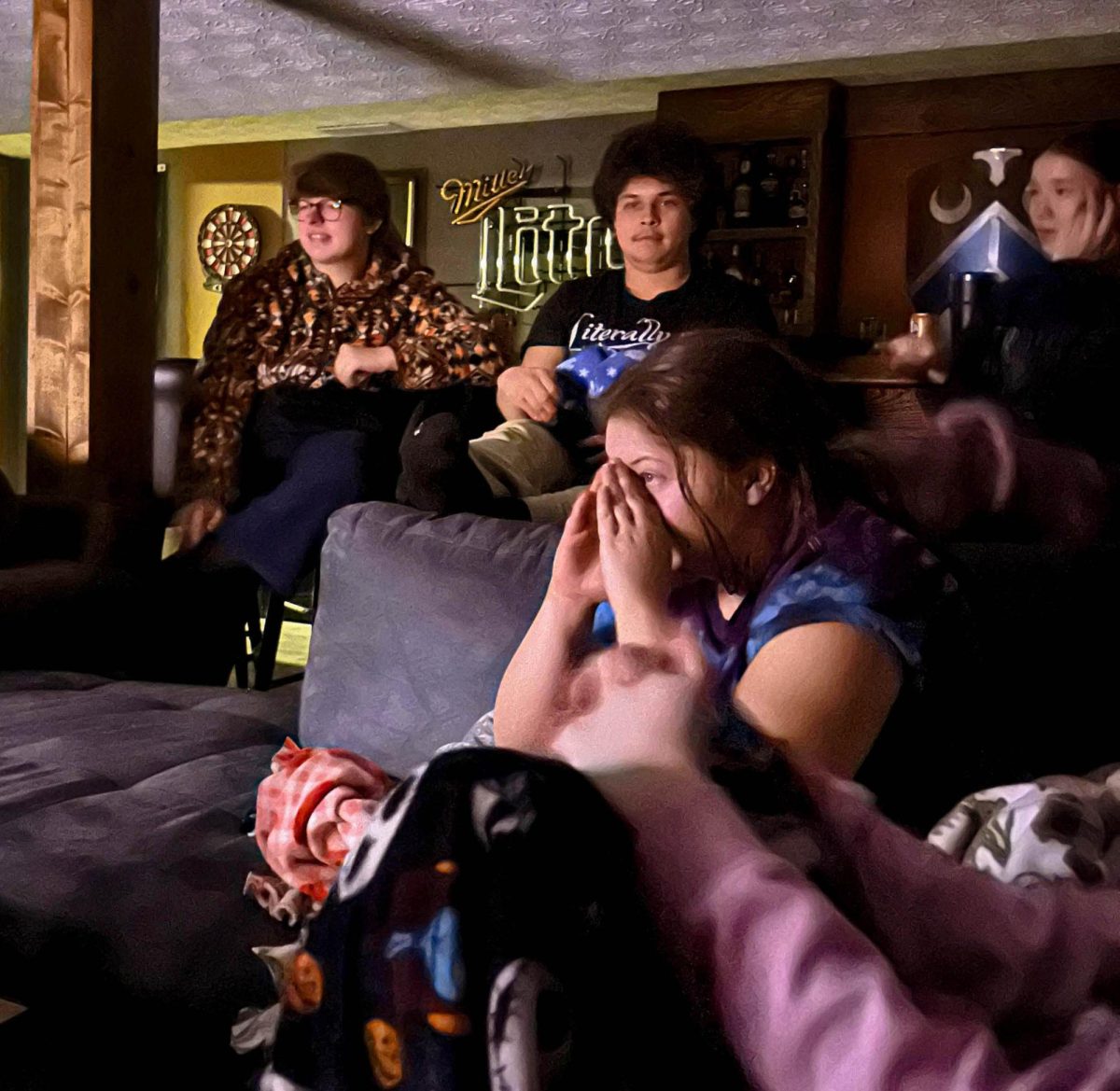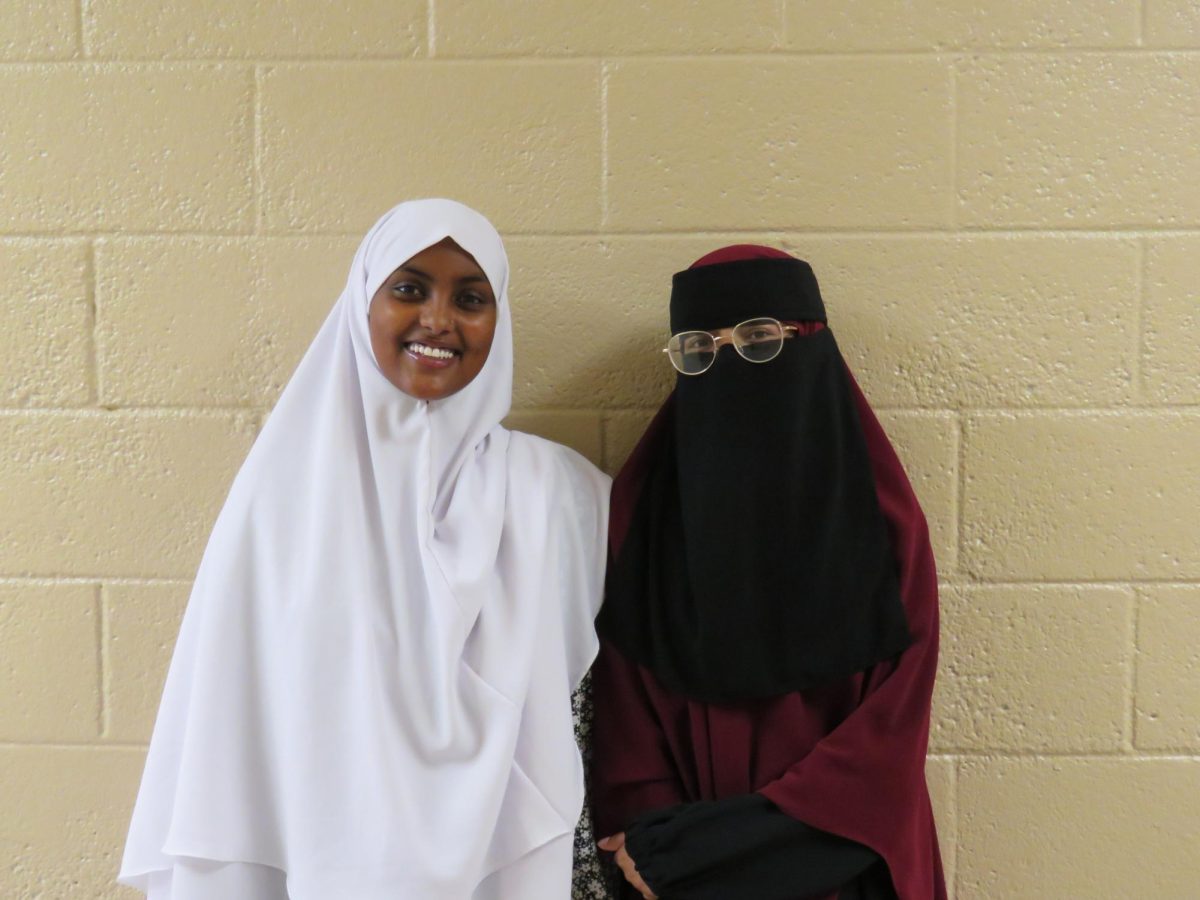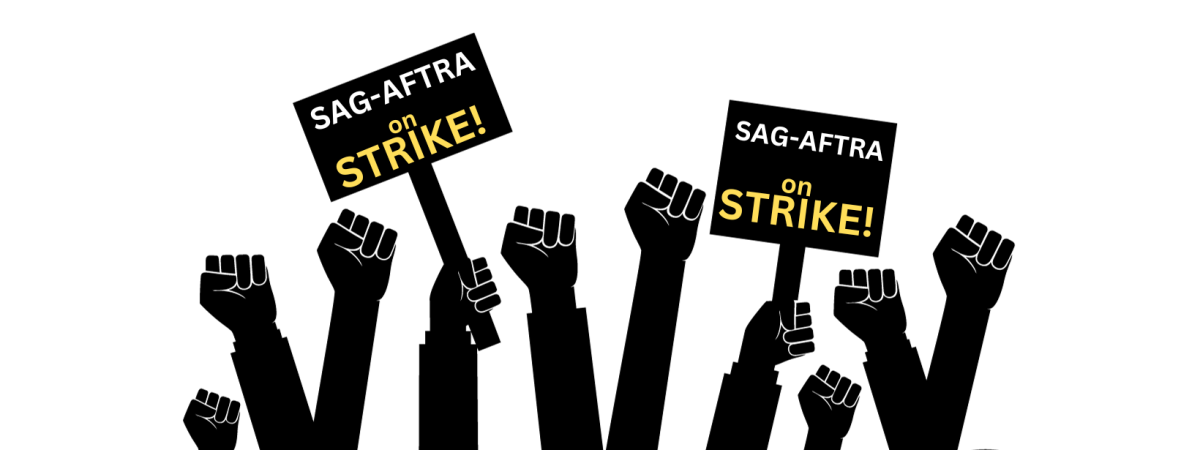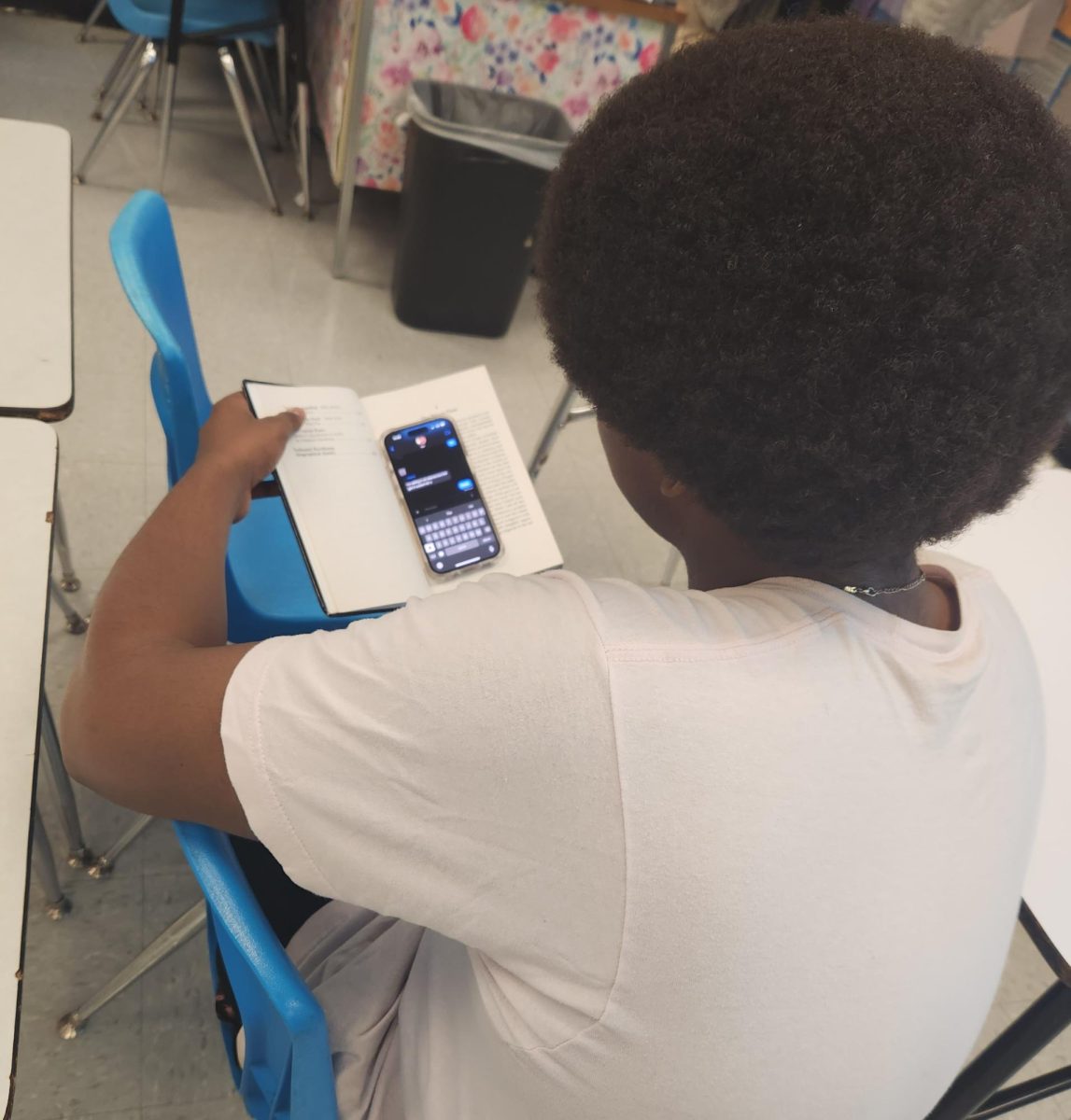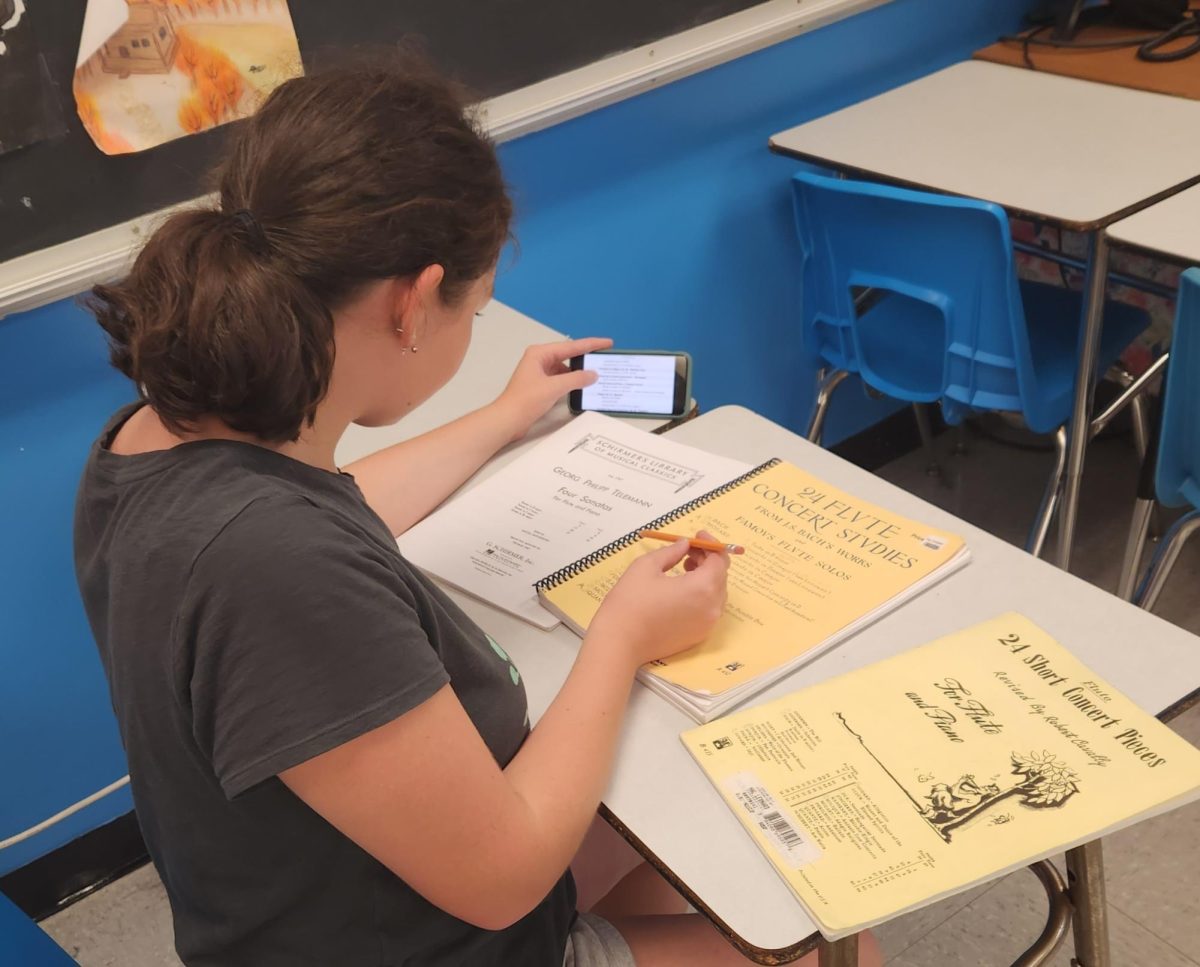In recent months, France’s ban on abayas has stirred significant debate and concern over religious freedom and cultural expression. The ban, which has now extended to schools, has led to girls being sent home and has raised questions about Islamophobia in the country.
The ban on abayas, along with attempts to restrict the wearing of hijabs (headscarves worn by Muslim women), in certain public places has ignited outrage among Muslim communities and human right activists. Many argue that these bans affect Muslim women really badly, limiting their freedom of expression and religious practice.
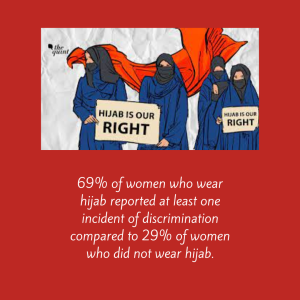
According to the CNN report, the ban on abayas is part of a broader trend of restriction on religious symbols in France. Women often bear the brunt of such bans, facing greater scrutiny and challenges due to their choice of clothing. While others argue that these measures promote secularism meaning and gender equality, others believe they infringe on individual liberties and stigmatize the Muslim community.
A leader of Westerville North High School’s Muslim Student Association, senior Hodan Osman (2024) shared her perspective.
“The ban on abayas and hijabs is deeply troubling. It’s disheartening to see how these measures isolate and target Muslim women. There’s no way France would have made it without the contribution of its Muslim population,” Osman said.
As France grapples with repercussions of these bans, it remains a continuous issue. This shows the challenges surrounding religious freedom and cultural diversity in the country. The heartfelt words of Osman highlight the human impact of these bans and the urgent need for a more inclusive and tolerant society.
“The bans are fueled by misconceptions and prejudice. The Muslim community is not a threat; we are about peace. These bans make me feel isolated
and afraid for my fellow Muslim women,” Osman said.




















